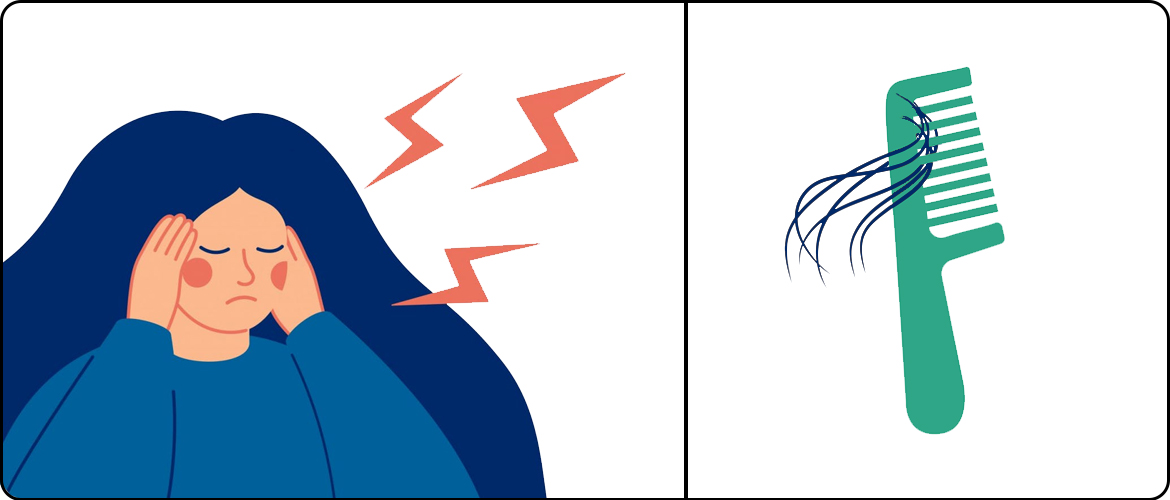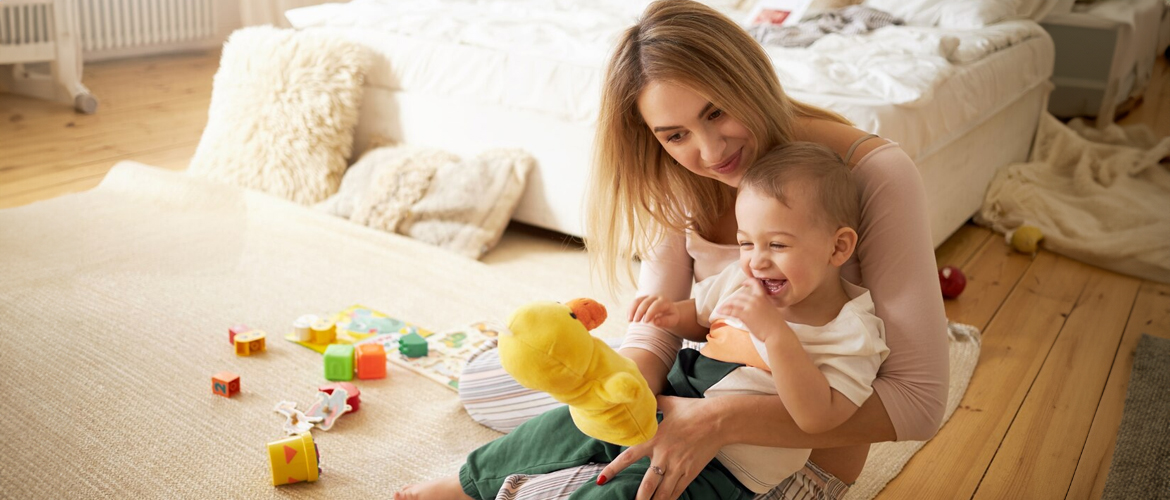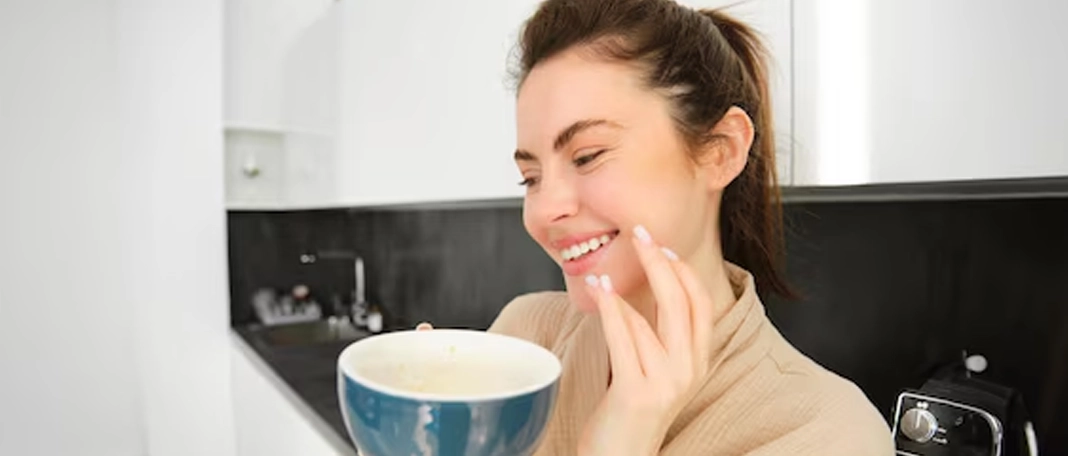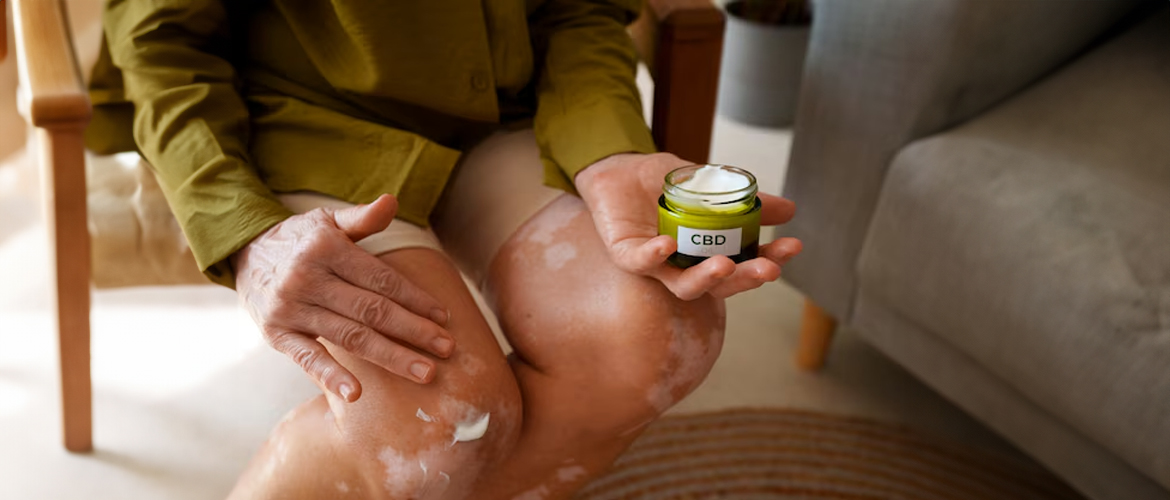Feeling like your hairline is receding every time life throws you a curveball? You’re not imagining it. Stress-related hair loss is very real—and yes, it can happen even if your shampoo is on point. The good news? It’s usually temporary, manageable, and totally fixable.
Let’s break down why this happens, what to look for, and how to stop your strands from spiraling.
Can Stress Cause Hair Loss? Absolutely.
When you're under chronic stress—whether from work, relationships, health issues, or even postpartum anxiety—your hair cycle gets disrupted. This condition is called telogen effluvium, and it’s one of the most common answers to “does stress cause hair loss?”
In this phase, your hair follicles shift from the growth phase to the resting (telogen) phase, which means they’re more likely to fall out. You might notice sudden thinning, more hair in the shower drain, or a widening part.
According to dermatologists, telogen effluvium usually occurs 2–3 months after a stressful event—and most women don’t connect the dots until it’s well underway.
What Does Hair Loss from Stress Look Like?
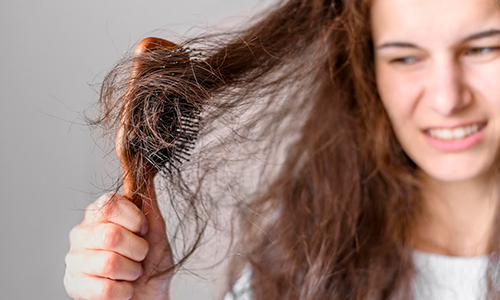
Stress-related hair loss doesn’t always appear as patchy bald spots (like alopecia areata). Instead, it’s:
- Diffuse thinning (especially near the crown or temples)
- Hair coming out in clumps while brushing or washing
- More visible scalp, especially under bright lighting
- A general feeling that your ponytail feels thinner
If you’re seeing these symptoms of hair loss due to stress, don’t panic. It’s often temporary.
How to Treat Stress-Related Hair Loss Naturally
Before you rush to order a million hair serums, let’s talk lifestyle first.
Stress Management First
You need to tackle the root cause (pun intended). Try:
- Meditation, mindfulness, yoga, or deep breathing
- Journaling or therapy for emotional clarity
- Regular sleep and hydration
Need quick relief? Try essential oils like rosemary or peppermint in a carrier oil. They’re calming for both the mind and the scalp!
Vitamins for Hair Loss Due to Stress
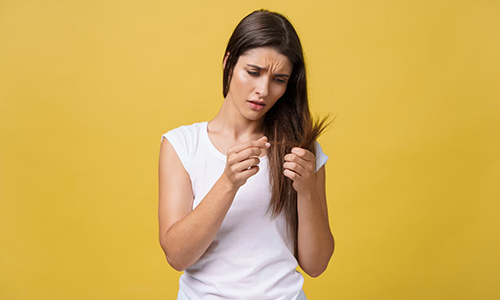
Some helpful supplements include:
- Biotin
- Vitamin D
- Zinc
- Iron
- Ashwagandha (adaptogen that helps lower cortisol)
Always check with your doctor before starting a new supplement regimen, especially if you’re pregnant or nursing.
How Long Does Stress-Related Hair Loss Last?

Most women start to see regrowth within 3 to 6 months—but it depends on whether the source of stress is resolved. If you’re dealing with chronic anxiety, hair recovery may take longer.
The good news? Stress-related hair loss is reversible in most cases. You just need patience, consistency, and a little TLC for your scalp.
Will Hair Loss from Stress Grow Back? Here’s the Recovery Timeline
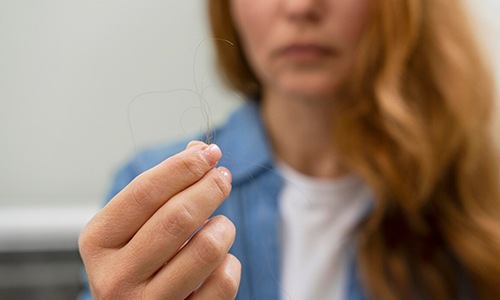
Waiting for hair to grow back is frustrating. But your follicles are resilient. Here's a rough timeline for stress-related hair loss recovery:
| Timeline | What to Expect |
| 0–3 months | Hair sheds rapidly |
| 3–6 months | Hair stabilizes and new growth starts |
| 6–12 months | Noticeable improvement |
| 12+ months | Full recovery (with ongoing self-care) |
You can also consult a dermatologist about topical treatments like minoxidil (yes, it can work for stress-related hair loss)—especially if your hair isn’t bouncing back.
FAQs About Stress-Related Hair Loss
Is stress-related hair loss permanent?
Not usually. Most cases of hair fall due to stress and anxiety are temporary and fully reversible.
How can I prevent stress-related hair loss?
By reducing chronic stress, maintaining a healthy diet, getting enough sleep, and avoiding excessive heat or styling damage.
Can stress-related hair loss be reversed naturally?
Yes! With proper self-care, nutrition, and stress management, you can often regain hair loss from stress without medical treatment.
How is stress-related hair loss different from male pattern baldness?
Stress-related hair loss vs male pattern baldness differs in cause and pattern—female hair loss is often diffuse, while male baldness is more localized and hormonal.
What’s the medical name for stress-related hair loss?
It’s called telogen effluvium—a temporary condition triggered by shock, trauma, or hormonal changes.
If you’ve been Googling “how to stop stress-related hair loss” at 2 a.m.—you’re not alone. Stress can sneak into our bodies in the most unexpected ways, and your hair just happens to be one of the first places it shows.
So, breathe deep, prioritize yourself, and know this: your strands are strong. And so are you.

